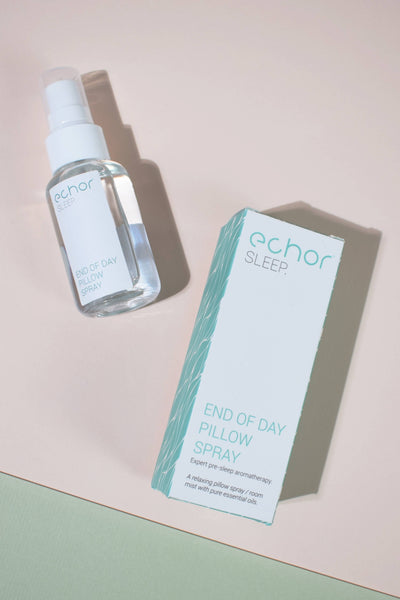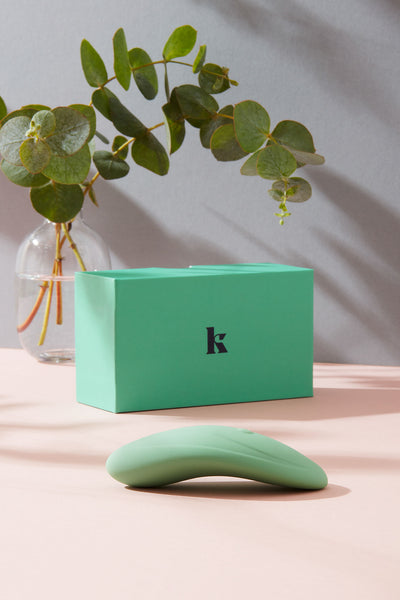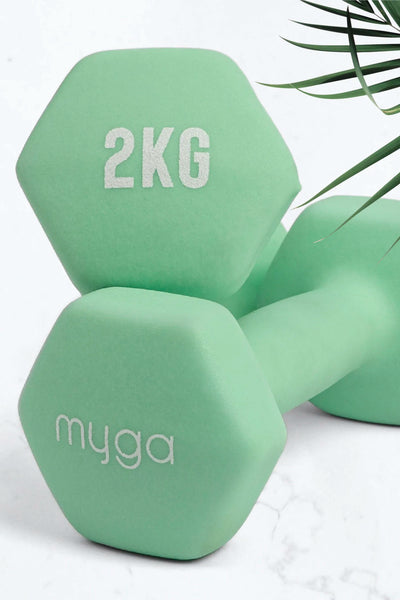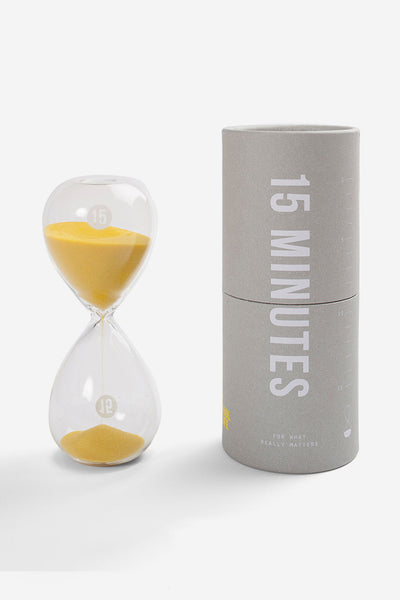Do sleep eye masks work? How light is keeping us awake.
Even a small amount of light exposure during the night can trigger our brains into staying alert, causing restless sleep.
Sleeping with the lights on, TV, or street light outside your window can have a more potent effect on your sleep than you realise.
Light as dim as 3 lux (the strength of a night light) can begin to suppress Melatonin, our sleep hormone, as suggested by a study in the Journal of Physiology.
Melatonin is released by the brain when it detects darkness. It is part of the body’s mechanism for sleep, in synchronisation with our body clocks, and the cycle of day and night, also called our Circadian Rhythm.
When there is enough light, the brain stops releasing melatonin, disturbing our sleep and making it hard to fall back asleep.
Scientists in South Korea found that even low light during the night can cause bad sleep.
In their study, one group of participants hit the hay with lights on equivalent to 5 candles. They suffered shallow sleep and woke frequently.
This was the same as another group that went to bed with light equivalent to 10 candles (or street-lighting).
Urban street-lighting is such a concern for sleep health, that there is a limit on how bright they can be. The regulation in many countries is a limit of 10 lux (10 candles) or less for each street lamp, but as the study above shows, that is still enough to caused poor sleep.
According to a study in the Journal of Environmental Management, the lamps to avoid for the most sleep-disturbing light, are metal halide and white LEDs.
Whilst metal halide bulbs are mostly used in commercial areas, car parking garages, and sports fields, white LED bulbs are common in our homes.
The blue light in these bulbs can be especially powerful at off-setting our sleep when we use them in the evenings before bed.
The effects of blue light have been researched at Harvard, with their advice to reduce using so much of this light later in the day. Other options are to wear blue light bloacking glasses or install filters on devices to remove blue light from the screen.
Long-term health risks of not getting good sleep include poor concentration, memory, and mood.
Does using a sleep mask work?
Achieving a deep, restful sleep needs as close to total darkness as possible.
To enable this and encourage falling asleep faster, wearing an eye mask for sleep makes a big difference. They are an easy way to protect your eyes from light pollution.
Choose a sleep mask that will be secure and allow as little light as possible to escape through.
The benefits of a sleep mask
1. Cheaper than blackout blinds
For some, blackout blinds or curtains may be too expensive, at around £35+ per average-sized window.
Ill-fitting blackout blinds can also cause sunlight to seep through. For example, blinds installed within a window recess need to be carefully measured to fit perfectly or risk a halo of light to shine into your bedroom.
Blackout blinds also just may not be an option to install, which is a familiar problem when living in a shared house, or when travelling.
Sleep masks are much more affordable at a fraction of the price.
2. No interference to your interior design
The cheaper options for blackout blinds can be ugly, with cheap plastic fixtures and cord.
Affordable curtains designed to block light aren’t any better, often resembling thick plastic shower curtains.
Sleep eye masks are discreet and won’t affect your home’s interior design.
3. Block out electronics
Electronics in your bedroom may also be adding to light disturbing your sleep.
Lights from chargers, your phone, TV or laptop on stand-by, and even brightly-lit alarm clocks can cause problems.
Reduce the light pollution from your own bedroom by wearing the best sleeping mask and see the difference.
Sleeping with the lights on, TV, or street light outside your window can have a more potent effect on your sleep than you realise.
Light as dim as 3 lux (the strength of a night light) can begin to suppress Melatonin, our sleep hormone, as suggested by a study in the Journal of Physiology.
Melatonin is released by the brain when it detects darkness. It is part of the body’s mechanism for sleep, in synchronisation with our body clocks, and the cycle of day and night, also called our Circadian Rhythm.
When there is enough light, the brain stops releasing melatonin, disturbing our sleep and making it hard to fall back asleep.
Scientists in South Korea found that even low light during the night can cause bad sleep.
In their study, one group of participants hit the hay with lights on equivalent to 5 candles. They suffered shallow sleep and woke frequently.
This was the same as another group that went to bed with light equivalent to 10 candles (or street-lighting).
Urban street-lighting is such a concern for sleep health, that there is a limit on how bright they can be. The regulation in many countries is a limit of 10 lux (10 candles) or less for each street lamp, but as the study above shows, that is still enough to caused poor sleep.
According to a study in the Journal of Environmental Management, the lamps to avoid for the most sleep-disturbing light, are metal halide and white LEDs.
Whilst metal halide bulbs are mostly used in commercial areas, car parking garages, and sports fields, white LED bulbs are common in our homes.
The blue light in these bulbs can be especially powerful at off-setting our sleep when we use them in the evenings before bed.
The effects of blue light have been researched at Harvard, with their advice to reduce using so much of this light later in the day. Other options are to wear blue light bloacking glasses or install filters on devices to remove blue light from the screen.
Long-term health risks of not getting good sleep include poor concentration, memory, and mood.
Does using a sleep mask work?
Achieving a deep, restful sleep needs as close to total darkness as possible.
To enable this and encourage falling asleep faster, wearing an eye mask for sleep makes a big difference. They are an easy way to protect your eyes from light pollution.
Choose a sleep mask that will be secure and allow as little light as possible to escape through.
The benefits of a sleep mask
1. Cheaper than blackout blinds
For some, blackout blinds or curtains may be too expensive, at around £35+ per average-sized window.
Ill-fitting blackout blinds can also cause sunlight to seep through. For example, blinds installed within a window recess need to be carefully measured to fit perfectly or risk a halo of light to shine into your bedroom.
Blackout blinds also just may not be an option to install, which is a familiar problem when living in a shared house, or when travelling.
Sleep masks are much more affordable at a fraction of the price.
2. No interference to your interior design
The cheaper options for blackout blinds can be ugly, with cheap plastic fixtures and cord.
Affordable curtains designed to block light aren’t any better, often resembling thick plastic shower curtains.
Sleep eye masks are discreet and won’t affect your home’s interior design.
3. Block out electronics
Electronics in your bedroom may also be adding to light disturbing your sleep.
Lights from chargers, your phone, TV or laptop on stand-by, and even brightly-lit alarm clocks can cause problems.
Reduce the light pollution from your own bedroom by wearing the best sleeping mask and see the difference.









